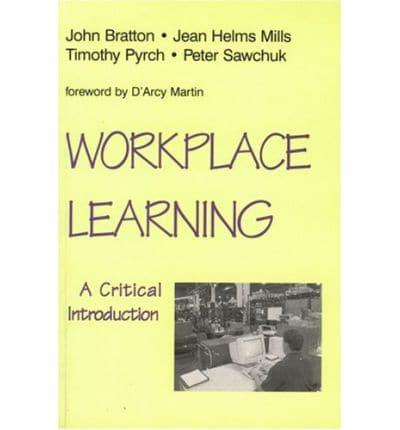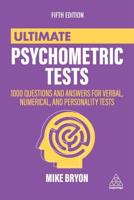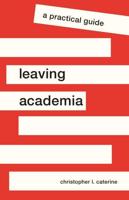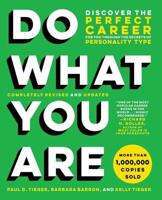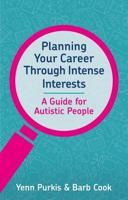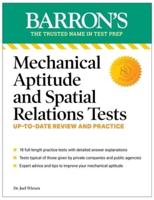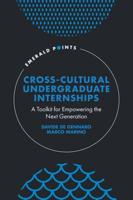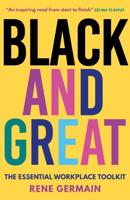Publisher's Synopsis
This innovative text is part of a growing body of work that takes a critical approach to workplace learning, recognizing that power relations, politics and conflicts of interest shape learning. Workplace learning is not value-free or politically neutral, and cannot be studied independently of the political economy of work. Workplace Learning offers an alternative to mainstream approaches, emphasizes the experiences of working people, and avoids prescriptive accounts and uncritical Human Resource Development views. The authors are concerned with the power relations, complexities and contradictions in the paid workplace.;Each chapter uncovers the underlying assumptions and paradoxes that make up the field of workplace learning. The chapters contribute to a developing, critical perspective on learning at paid work in advanced capitalist economies, stimulating interest in further research in this emergent field of adult education and management. Chapter Two examines the connection between management strategies and workplace learning. Chapter Three looks at developments in organizational design, with particular reference to work groups/teams, and the concomitant application of learning theories are explored. Chapter Four critically examines the learning organization and organizational learning paradigms. Chapter Five introduces the debates on the role of the union movement in workplace learning. Chapter Six examines the liberatory tradition of adult education and its application in both paid work and the community.;The final chapter brings together key themes and issues and discusses five conceptual themes or 'tools' designed to help students evaluate critical workplace learning literature across muitiple traditions and perspectives.
